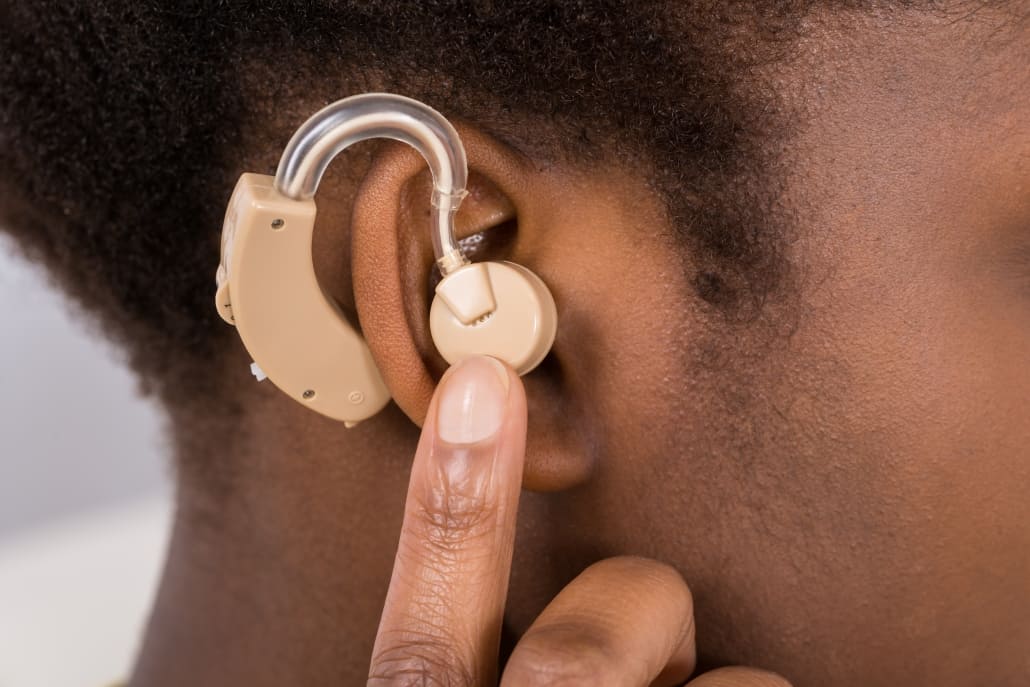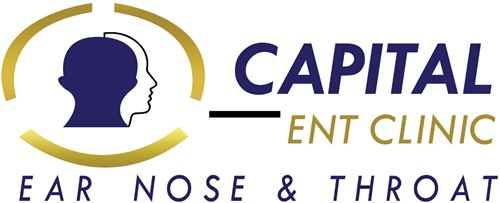
Hearing loss often occurs gradually, and the signs can be subtle at first. Many people are unaware their hearing has changed, often attributing difficulties to outside factors like others mumbling. Recognizing these common symptoms is the first step toward better hearing health.
You may be experiencing hearing loss if you notice yourself:
- Missing everyday sounds, like the humming of the refrigerator, birds chirping, or the gentle patter of rain.
- Struggling to follow conversations in crowded places, such as restaurants or family gatherings, where background noise is present.
- Frequently asking people to repeat themselves or feeling like others are speaking unclearly.
- Turning up the volume on the television, radio, or phone to levels that others find too loud.
- Hearing a ringing, buzzing, or hissing sound in your ears, a condition known as tinnitus.
- Needing to turn your ear toward a speaker to hear them better.
- Feeling exhausted or stressed after social situations that require concentrated listening.
- Finding it harder to understand higher-pitched voices, such as those of women and children.
- Withdrawing from social activities you once enjoyed because conversing requires too much effort.
If any of these scenarios feel familiar, you are not alone. These are common signs that your hearing may need attention. The good news is that help is available. Our expert audiologists are here to provide a comprehensive evaluation and guide you toward effective solutions.
Don’t let hearing loss silence your world. Schedule a hearing assessment with us today.
Finding the Right Solution: Hearing Aids & Cochlear Implants
If you’re experiencing hearing loss, you may wonder about the next steps. The appropriate treatment depends on the type and severity of your hearing loss. Our audiologists will conduct a thorough assessment to determine the best solution for your individual needs.
Hearing Aids are typically recommended for individuals with mild to severe sensorineural hearing loss (nerve-related). These sophisticated devices are designed to amplify and clarify sounds, making it easier to communicate and engage with the world around you. Modern hearing aids are discrete, comfortable, and equipped with advanced technology to connect seamlessly with your lifestyle.
Cochlear Implants are often considered for those with severe to profound hearing loss who receive limited benefit from powerful hearing aids. Unlike hearing aids that amplify sound, a cochlear implant bypasses damaged parts of the inner ear to directly stimulate the auditory nerve, providing a sense of sound.

The Importance of Treating Hearing Loss
Addressing hearing loss is about more than just improving your ability to hear—it’s about protecting your overall health and well-being. Extensive research has shown that untreated hearing loss is not an isolated issue and is significantly associated with several serious conditions, including:
Cognitive Decline & Memory Loss: The brain must work harder to process sound, which can strain cognitive resources and has been linked to a faster rate of cognitive decline and an increased risk of dementia.
Mental Health Challenges: The frustration and isolation that often accompany hearing loss can lead to higher rates of depression, anxiety, and social withdrawal.
Social Isolation: Difficulty following conversations can cause individuals to avoid social engagements, leading to loneliness and a reduced quality of life.
Treating hearing loss with devices like hearing aids or cochlear implants can significantly improve communication, strengthen relationships, and is shown to help mitigate these associated risks. It is a vital step in preserving not just your hearing, but your overall health.
Taking action today can make a profound difference in your tomorrow. Contact our clinic to learn how we can help you find the right path forward.
